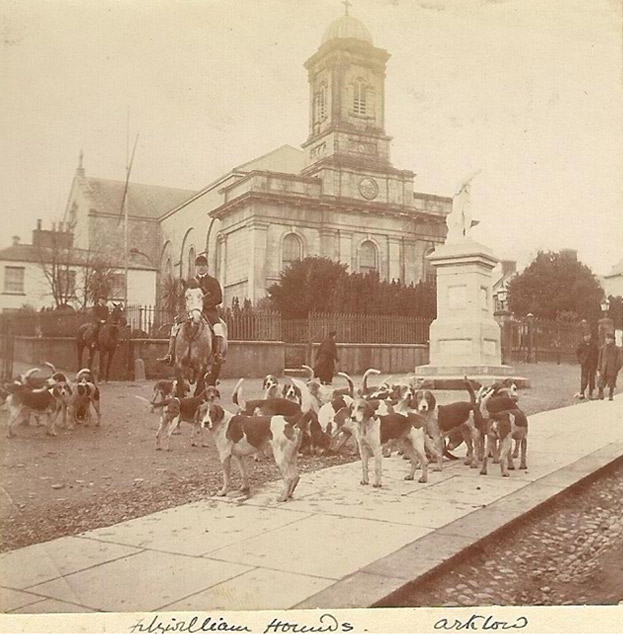
County Wicklow society, as in the rest of Ireland, was deeply divided across major community fractures. The principal ones being religion, social station and background, personal wealth in money or land, (but land preferably) and lesser factors of varying degree. Over 80% of County Wicklow’s 498000 acres of land was still owned by a small close knit group of about 75 landed families who had resided more or less unchanged in the county for the previous 250 years. It is important to note that most of these families held military careers in high regard. Various Land Acts pioneered by Charles Stewart Parnell and his Irish Party since the latter part of the previous century were transferring most of this land into the ownership of tenant farmers, but the process was still very much on-going up to the eve of the Great War. Religious persuasion loomed large in all aspects of community attitude, divided strictly along the various denominations of the Christian Church. Beyond Christian denominations there were no other religious influences actively engaged in County Wicklow. Political affiliations were an exception however and some very influential Protestant families developed very nationalistic sympathies over issues like land reform, Home Rule and the popular Gaelic revival. All too many social organisations were closed to just one denomination and there was little or no cross over from one to the other.
A few exceptions were occasions like race meetings and gymkhanas where ‘all classes and creeds could meet in harmonious social intercourse’, as the local press frequently stated
